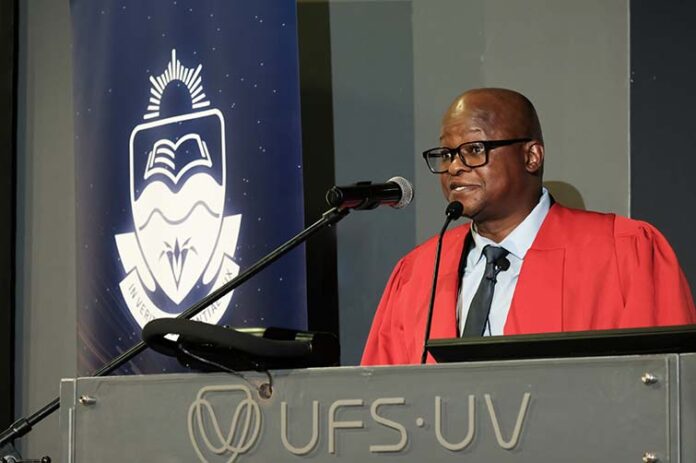The ongoing parliamentary ad hoc committee has laid bare deep-rooted corruption at the heart of South Africa’s state security, which experts describe as a result of criminality within the upper ranks of the criminal justice system.
Professor Sethulego Matebesi, a senior lecturer in the department of sociology at the University of the Free State, said the hearings have done more than just expose internal failures within the criminal justice system.
They have revealed how criminal syndicates have infiltrated state security structures and turned parts of the system into tools for organised crime.
“South Africa has reached a level of high treason. What is happening in the SAPS [SA Police Service] is happening everywhere, in local government, tenders, and everywhere because of power-hungry leaders. South Africans have handed out too much power to politicians,” said Matebesi.
He questioned how one person could be granted a tender worth R360-million, saying this showed that some people had been compromised.
Matebesi was referring to the SAPS health service tender awarded to alleged Big Five syndicate member and attempted murder accused Vusimuzi “Cat” Matlala. The tender was later reversed.
Matlala is also implicated in the money looting operation at Tembisa Hospital, where the Special Investigating Unit revealed in its interim report that syndicates were involved in looting that amounted to R2-billion.
Three of the companies linked to controversial businessman Hangwani Maumela, valued at R13 538 292, were also connected to Matlala.
Matlala linked to police minister
The ad hoc committee’s investigations have further linked Matlala to police minister Senzo Mchunu, who allegedly disbanded the political killings task team (PKTT) to protect Matlala after a raid at his home.
Mchunu denied knowing Matlala, but his predecessor, Bheki Cele, claimed that Matlala had allegedly funded the police minister’s campaign to become president or deputy president of the ANC.
“You don’t need to be a legal guru to analyse this situation because it is shown that there are underground syndicates that have found their way to use the state’s systems to protect their undesirable work,” said Matebesi.
He criticised Mchunu for failing to consult before ordering the disbandment of the PKTT, saying this raised questions about the real reasons behind his decision.
Matebesi added that while the team’s dissolution might have been necessary at some point, it should have been handled procedurally.
This echoed the testimony of Deputy Minister of Police Cassel Mathale, who told the committee on Tuesday that while the PKTT had been doing excellent work, the SAPS needed a unit that could take over smoothly to ensure continuity.
Mathale also revealed that Mchunu had not assigned official duties to his deputy ministers, despite being in office for a year.
Public reckoning
Matebesi said President Cyril Ramaphosa should have intervened to ensure that deputy ministers were given defined roles, especially in departments with more than one deputy.
“The constitution would guide the roles of deputy ministers, but you don’t need a deputy police minister because you already have the national police commissioner.
“What happened here is that the civil society showed their anger at the polls, and the so-called government of national unity had to be implemented. The president had to look after the comrades by making up these redundant positions.
“A lot of money is being spent to fund the lifestyle of people who are not working but occupying offices,” said Matebesi.
He said the proceedings were not merely a government exercise but a form of public reckoning, and that this shift has changed everything.
When communities see how deep the corruption runs, they begin to demand real reform, which he said is the true essence of democracy.
However, Matebesi warned that the exposure of these networks could also trigger panic and retaliation from those implicated.
“The ad hoc committee and the Mandlanga commission have stripped away the illusion of control.
“Now the truth is out; the question is whether the state has the courage to rebuild a system that serves justice, not criminal interests.”



